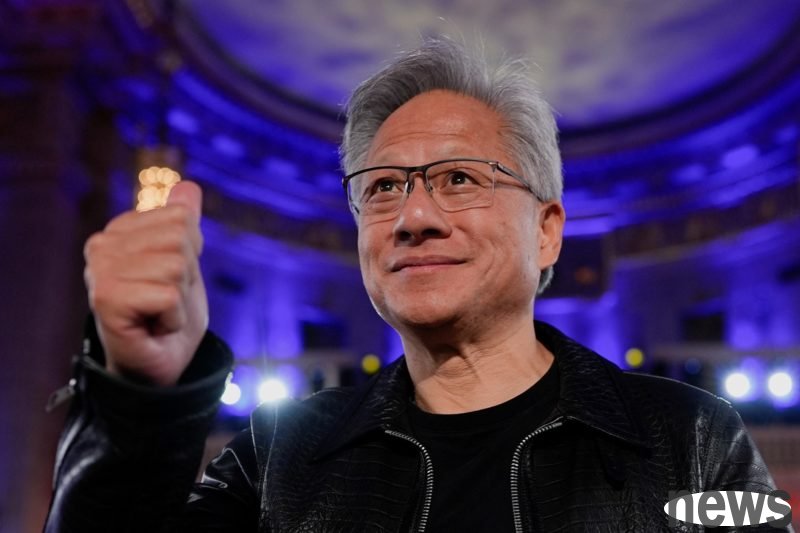US President Trump allowed NVIDIA to sell H20 chips to China, and the sales amount was 15% needed to be paid to the government to attract discussions from all walks of life. According to the report of the "Walker Street Journal", NVIDIA ex...

US President Trump allowed NVIDIA to sell H20 chips to China, and the sales amount was 15% needed to be paid to the government to attract discussions from all walks of life. According to the report of the "Walker Street Journal", NVIDIA executive chief Huang Renjun has received high-level attention in the United States and China. Not only does it unpack the H20 chip exports, but it also exempts semiconductor workers in US factories from 100% taxes. Former officials such as Mask cannot stop it.
According to Wall Street Journal, the Donald Trump administration changed its policy last month and allowed NVIDIA to sell H20 artificial intelligence chips that comply with export control regulations to China, and NVIDIA's market value exceeded US$4 trillion. China also lifted the ban on US software operators, suspended NVIDIA control, and hoped that Huang Renqian would continue to loosen export controls on China and influence the government.
The report pointed out that Trump met with Huang Renyi in Baigong a week ago and asked H20 to pay 20% of China's sales to the federal government to obtain export permission, and the technology staff were completely unaware of it in advance. Trump said: "If I agree to let it go, you must report it to me." Huang Renqian made a choice between the Chinese market and the two who returned empty-handed, and he proposed 15%.
Huang Renjun also showed a picture to Trump at the meeting, explaining that tax levy will have a counterproductive effect on improving the self-produced American chips, and tried to unpack the business. Trump soon announced that chip operators in the U.S. can be exempted from 100% semiconductor import tax.
Trump's first term is related to the Joe Biden administration's policy of national security to avoid selling high-tech components to China; Trump's change of intentions may be related to Huang Rensheng's game.
Huang Renshi is a popular figure in both Huafu and Beijing. Officials from Chinese President Mo Jin once privately thanked him for his contribution to global AI; at the meeting of the AI government, he sat in the front row, next to him was an internal official.
Most of Trump's second-term staff members were hard-working Chinese players, and Huang Renfeng, who had rarely appeared in the Chinese government in the past, began to devote himself to the game. NVIDIA hired a consulting company from former national security consultant Robert C. O’Brien helped communicate with the government during its rise in DeepSeek and its breakthrough in chips.
Huang Rensha attended a dinner for each person at the Marine and Lake Club in early April. During this period, he told Trump that the sale of chips in China would not affect Guoan, and promised to invest $500 billion in AI factories and super computer equipment in the United States. Trump later announced the plan.
At that time, Elon Musk, a billionaire in technology, was still a red man around Trump. After the dinner, he convinced Trump that selling high-level chips in China would threaten the status of the US technology leader, but Huang Rensheng, who is too wise, is not a person to recognize. This is related to NVIDIA's $15 billion business.
Huang Rensha attended the closing meeting of the Foreign Affairs Committee of the Public Council in early May and directly communicated with the congressmen. The Trump administration then announced the lifting of Biden's chip export restrictions on foreign and American countries during the period. David Sacks, the White House's "Tsar" in charge of artificial intelligence, became a close friend.
Extended reading: NVIDIA chips sold 15% revenue is transferred to the US government, and may be expanded to other companies NVIDIA and AMD China chip sales revenue was 15%, and the US export permit was exchanged